Why Choose Yashoda Hospitals for PCL?
Yashoda Hospitals offers advanced treatment for PCL (Posterior Cruciate Ligament) surgeries with personalized care and cutting-edge surgical techniques.
Leading Orthopaedic Center
Yashoda Hospitals is recognized as the Best Hospital for PCL Surgery in Hyderabad, providing exceptional orthopedic care services.
Expert Surgical Team
Our highly experienced surgical team specializes in performing precise PCL procedures, ensuring optimal outcomes for all patients undergoing knee ligament surgery.
Cutting-edge Facilities
Equipped with state-of-the-art technology and advanced medical equipment, our facility provides an optimal environment for accurate and effective PCL surgeries.
Dedicated Orthopaedic Care
Our dedicated orthopedic care team is committed to guiding you through every step of your knee ligament treatment journey, offering compassionate support and expert guidance.
Patellar (or PCL) Surgery Overview
Patellar surgery, also known as posterior cruciate ligament (PCL) reconstruction or repair, is a surgical procedure aimed at addressing injuries or abnormalities in the PCL, a ligament located at the back of the knee joint. The surgery is typically performed to restore knee stability and function after tears or damage resulting from sports, trauma, or degenerative conditions. It addresses torn ligaments, instability, arthritis, and functional injuries while minimizing postoperative complications and facilitating rehabilitation.
PCL Surgery Techniques:
- Traditional PCL Reconstruction: Surgically replaces the torn PCL using autografts (patient’s own tissue) or allografts (donor tissue), restoring knee stability.
- Arthroscopic PCL Reconstruction: Minimally invasive technique accesses the knee joint for reconstruction, resulting in smaller incisions and quicker recovery.
- PCL Repair: Surgical reattachment of partially torn ligaments to bone using sutures or anchors, promoting healing and function restoration.
- Augmentation Techniques: Additional procedures like ligament reinforcement may be performed alongside reconstruction or repair to optimize stability.
| Procedure Name | PCL |
|---|---|
| Type of Surgery | Major |
| Type of Anesthesia | General Anesthesia |
| Procedure Duration | 1-2 hours |
| Recovery Duration | Several weeks |
PCL: Pre-Op & Post-Op Care
Preparation: Before posterior cruciate ligament injury treatment, patients are evaluated through medical history, physical examination, and MRI scans to assess ligament damage, aiding surgical planning and complication anticipation.
During the surgery: PCL surgery procedure involves repairing or reconstructing the damaged ligament using open surgery or minimally invasive methods like arthroscopy. The surgeon assesses the injury, performs repairs/reconstruction using patient’s own tissue (autografts) or donor tissue (allografts), closes the incisions, and stabilizes the knee.
Duration: The duration of PCL surgery ranges from 1 to 2 hours, depending on injury complexity and surgical technique.
Recovery: After PCL surgery, patients are closely monitored in the recovery area until they regain consciousness and their vital signs stabilize. They are then provided with instructions on post-operative care, including pain management, wound care, and rehabilitation exercises.
Post-Procedure Care: Follow-up appointments monitor healing, assess range of motion, and check for complications like infection or blood clots. Physical therapy aids in regaining strength, stability, and function in the knee joint. Weight-bearing and activity restrictions are gradually eased based on patient progress.
Benefits of PCL at Yashoda Hospitals
- Restores knee stability.
- Alleviates pain.
- Improves knee function and range of motion.
- Facilitates return to sports and physical activities.
- Prevents further damage to the knee joint.
- Enhances overall quality of life.











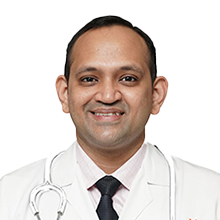
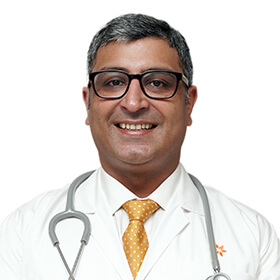
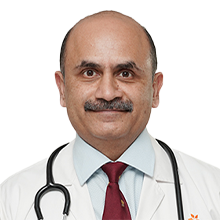
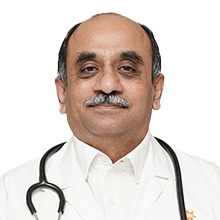


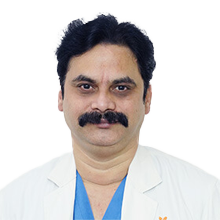
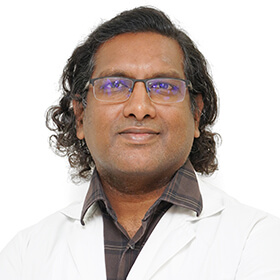

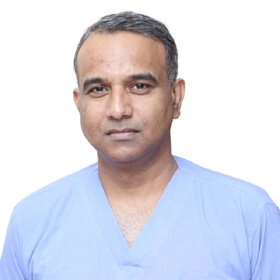
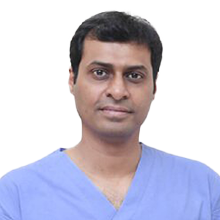



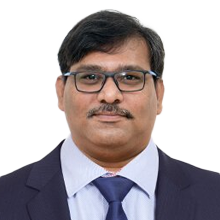
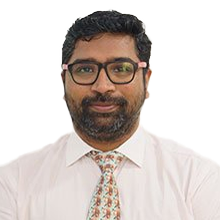

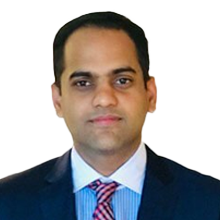





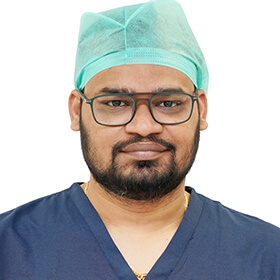
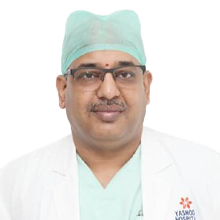
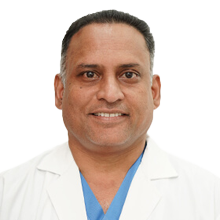
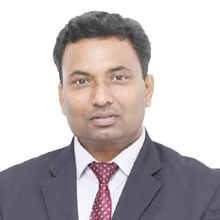
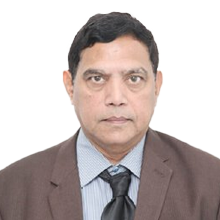


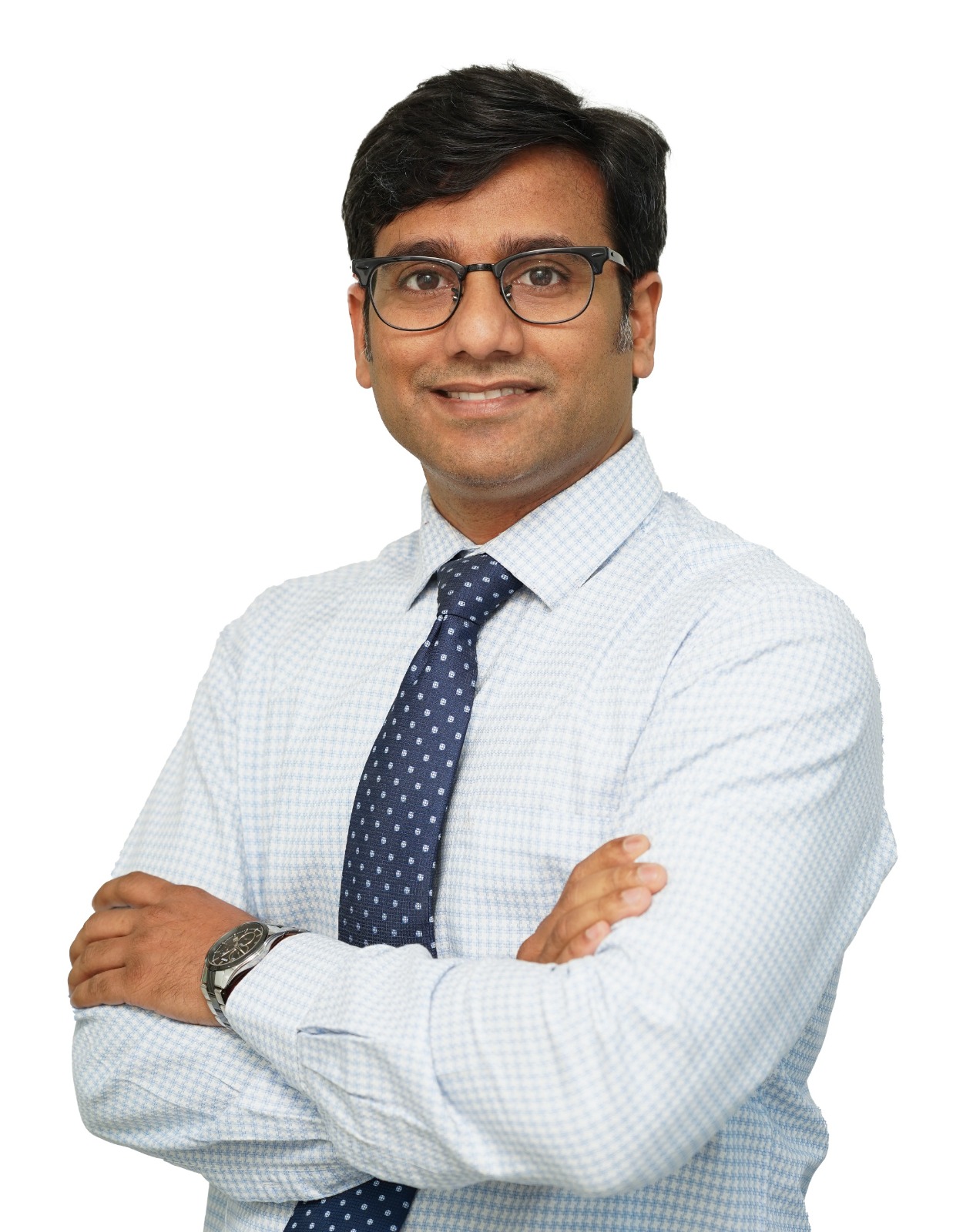
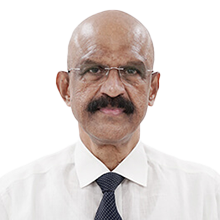

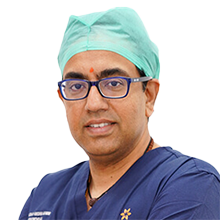
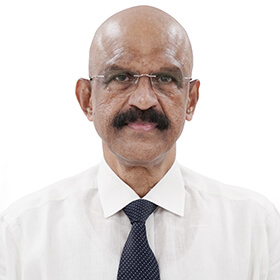












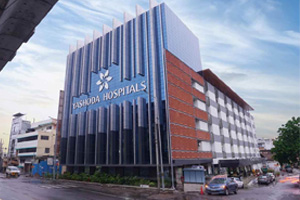
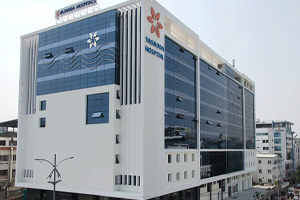
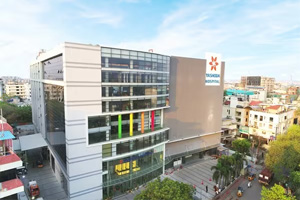
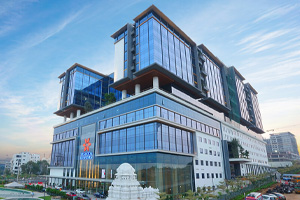
 Appointment
Appointment WhatsApp
WhatsApp Call
Call More
More

